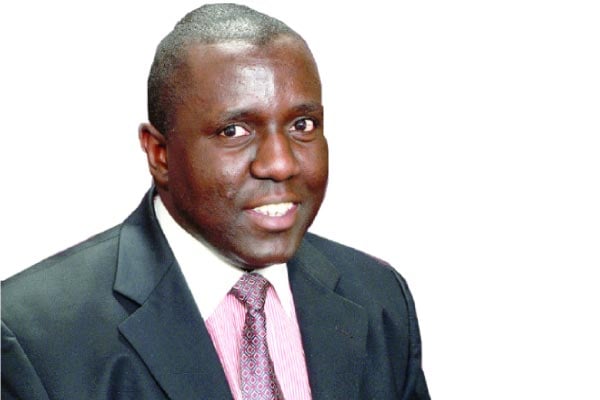
Philip Matogo
The late Julius Nyerere was indisputably and indubitably a man of the people. That is why his social and economic development policies favoured community.
These policies, when wrapped up in a neat little ideological bow, were dubbed “Ujamaa”. As a word, Ujamaa may be translated as “familyhood”.
It called upon Tanzanians (or anyone who adopted it as a means of cooperative economics) to appreciate that humanity must join efforts to overcome what requires its efforts.
We are one family, at a macro-level, it posited.
In Uganda, however, we are witnessing the bastardisation of this ideology as family at a micro-level supersedes family at macro-level.
That is why when President Museveni said, “I’m working for myself, I’m not working for other people, I’m working for my grandchildren, for my children,” he should not have raised any eyebrows.
Basic political unit
You see, the family is the basic political unit. And so if it insulates itself against socially conscious thinking, society will be insulated against a communitarian spirit.
Then, you will see, as we see now, Ugandans working for themselves and their families instead of Uganda and Ugandans.
This is the wellspring of corruption, nepotism, cronyism and every other species of “ism” outside of patriotism.
The underlying reality here is that when we are not working for each other, we are inevitably working against each other.
That is why we read about security operatives arresting 10 suspects linked to stealing cattle from the State farm in Gomba District recently and other such crimes which place family over familyhood.
So what do we do? Should we adopt Ujamaa?
Well, no. But we must examine the family as a political wind vane and compass.
This takes us to the notion of leadership in Uganda.
It is often stated that if a leader does not have a family, that leader will not have the requisite rudiments of what is required in running a home as a microcosm of a nation.
If you can’t run a home, how can you run a family; Ugandan voters are prone to ask.
However, the country is run by families and it is also being run into the ground. So to claim only family men or women can run the country is to assume that how it is being run now is correct.
Truth to tell, family folk are rarely great leaders. Sure, they can be good leaders, but not great ones.
That is because great leadership requires the sacrifice of one’s personal wellbeing for the commonwealth.
Emilie Schindler, who helped her husband save more than 1,000 Jews from the gas chambers, found her husband to be a great man, but a poor partner.
Nelson Mandela was largely estranged from his family and Mahatma Gandhi was disowned by his son Hirilal, while Mother Teresa was never married.
Yet all these persons made inestimable contributions to humans and humanity.
So we must appreciate that the test of leadership is not how well one takes care of their nuclear family but how they are willing to go beyond it to foster community.
We all know that Nyerere would have retired homeless if Chama Cha Mapinduzi, the dominant ruling party in Tanzania and the second longest-ruling party in Africa, had not insisted on building him a house.
We also know that our leadership is obsessed with material possessions, citing family as motivator for this.
This is why our leaders should not only emulate Nyerere’s selflessness, but also using this selflessness as means to elevating Uganda leadership above the home to the heights of a nation.
Mr Philip Matogo is a professional copywriter
[email protected]




